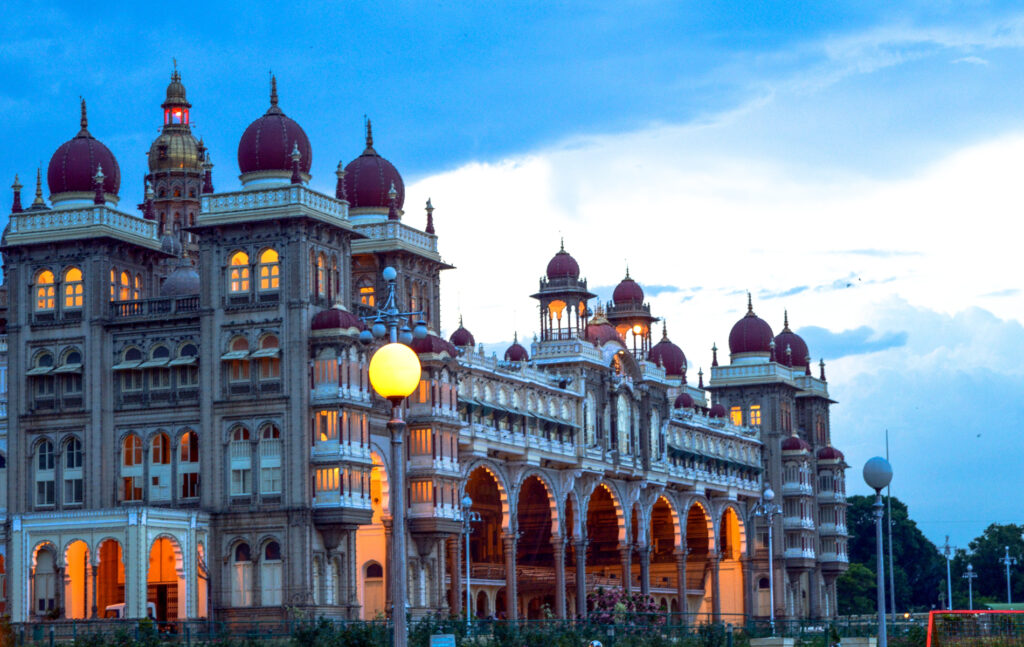About India

India is a vast and diverse country located in South Asia. It is known for its rich history, diverse culture, varied geography, and significant contributions to various fields such as science, technology, literature, and philosophy. Here are some key aspects of India:
Geography:
India is the seventh-largest country in the world by land area, covering approximately 3.287 million square kilometers. It has diverse geographical features, including the Himalayan mountain range to the north, the Thar Desert in the west, fertile plains in the north and east, and a lengthy coastline along the Arabian Sea and the Bay of Bengal.
Population:
India is the second-most populous country in the world, with over 1.3 billion people (as of my last knowledge update in September 2021). It is a highly diverse nation with numerous ethnic groups, languages, and cultures.
Languages:
India is a linguistically diverse country with hundreds of languages spoken across its regions. Hindi is the most widely spoken language, followed by other major languages such as Bengali, Telugu, Marathi, Tamil, Urdu, and many more.
Religion:
India is the birthplace of several major religions, including Hinduism, Buddhism, Jainism, and Sikhism. It is also home to significant populations of Muslims, Christians, Sikhs, Buddhists, Jains, and other religious groups.
Culture:
Indian culture is known for its diversity, and it encompasses various art forms, music, dance, cuisine, festivals, and rituals. The country's classical art forms, such as Bharatanatyam, Kathak, and Carnatic music, have a rich tradition.
History:
India has a long and complex history, with evidence of ancient civilizations dating back thousands of years. It has been ruled by various dynasties, including the Mauryas, Guptas, Mughals, and the British Empire, which colonized India until gaining independence in 1947.
Independence and Government:
India gained independence from British colonial rule on August 15, 1947. It adopted a democratic
system of government and is known as the world's largest democracy.
The President of India is the head of state, and the Prime Minister is the head of government. India has a
multi-tiered system of government with federal, state, and local levels.
Economy:
India has a diverse economy that includes agriculture, manufacturing, and services. It is one of the world’s fastest-growing major economies, with a burgeoning technology and software services sector.
Science and Technology:
India has made significant contributions to science and technology, including its space program (ISRO), nuclear capabilities, and achievements in fields such as information technology and pharmaceuticals.
Tourism:
India is a popular tourist destination known for its historical monuments (e.g., Taj Mahal), natural beauty (e.g., Himalayas, Kerala), cultural experiences, and spiritual sites. India’s complexity, diversity, and cultural richness make it a country of immense significance and interest on the global stage. Its ongoing development and contributions to various fields continue to shape its role in the world.
